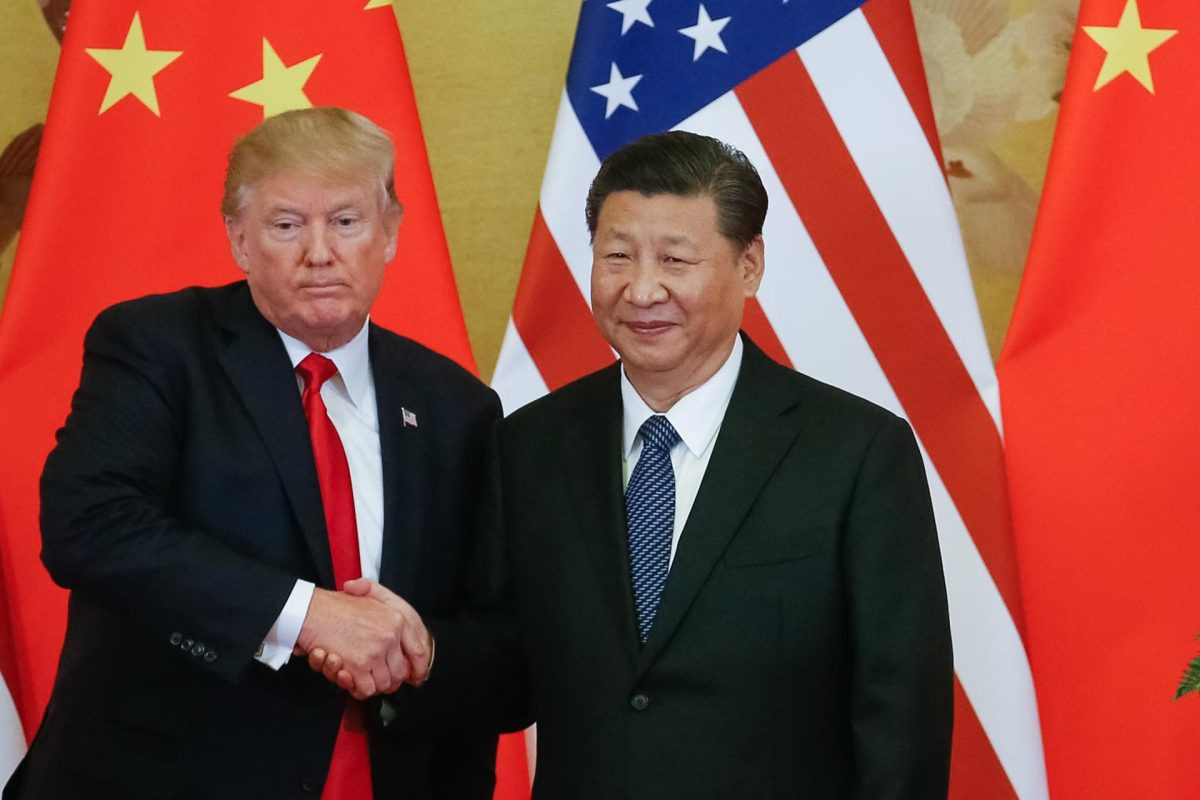In June 2019, former US President Donald Trump met Chinese President Xi Jinping during an international summit in Osaka, Japan, marking a high-stakes interaction between two global powers. Fast forward to today, Trump’s proposed cabinet for his second term is shaping up to be a formidable team of China skeptics, signaling a hardline stance on Beijing in economic, military, and geopolitical arenas.
The Return of the “China Hawks”
Trump’s team features prominent figures with strong anti-China credentials. National security adviser nominee Rep. Mike Waltz has repeatedly declared a “cold war” with the Chinese Communist Party. Secretary of State pick Sen. Marco Rubio, who has faced sanctions from Beijing, is widely seen as an “anti-China vanguard.” Meanwhile, defense secretary nominee Pete Hegseth has warned of China’s global ambitions to rival and surpass the United States.
This lineup suggests a sharpened focus on confronting Beijing, a continuation of Trump’s earlier tariffs, sanctions, and policy measures. While Beijing may brace for economic and diplomatic challenges, experts believe it has grown more adept at managing Trump’s transactional leadership style.
Beijing’s Strategic Calculations
Chinese policymakers are expected to distinguish Trump’s personal pragmatism from the hawkish tendencies of his cabinet. Wu Xinbo, a leading scholar at Shanghai’s Fudan University, notes that while Trump’s advisers push for decoupling and confrontation, the president himself may pursue opportunities for negotiation. Still, China is preparing for friction across trade, security, and diplomacy.
One key question is whether Beijing will lift sanctions on Rubio to facilitate diplomatic engagement. Observers suggest that China’s pragmatism may prevail, enabling dialogue despite the tense environment.
Elon Musk: A Bridge to Trump?
Amid strained relations, Beijing may look to unconventional intermediaries like Elon Musk. The Tesla CEO, with significant business ties in China, has previously echoed Beijing’s emphasis on cooperation and economic symbiosis. However, experts remain skeptical about Musk’s ability to influence US-China policy, as his role under Trump is likely confined to domestic efficiency initiatives.
Taiwan and Beijing’s “Red Lines”
Trump’s foreign policy team’s vocal support for Taiwan adds another layer of complexity. Rubio’s unwavering advocacy for Taipei, including arms sales and diplomatic engagement, contrasts with Trump’s transactional rhetoric accusing Taiwan of benefiting disproportionately from US protection. Beijing views Taiwan as its ultimate “red line,” and the island’s status will likely be a major flashpoint in the coming years.
A More Confident China
China’s increased global standing since Trump’s first term suggests a more assertive response to US policies. Analysts like Wang Yiwei of Renmin University believe Beijing will adopt a firmer approach, resisting early concessions while navigating Trump’s strategic priorities.
As Trump prepares for another term, the trajectory of US-China relations appears set for turbulence, defined by competing visions of global leadership and deep-seated mistrust.
Source: CNN
More from NewsBuzz1: Breaking the Cycle of Overwork in Japan | Karoshi Prevention

